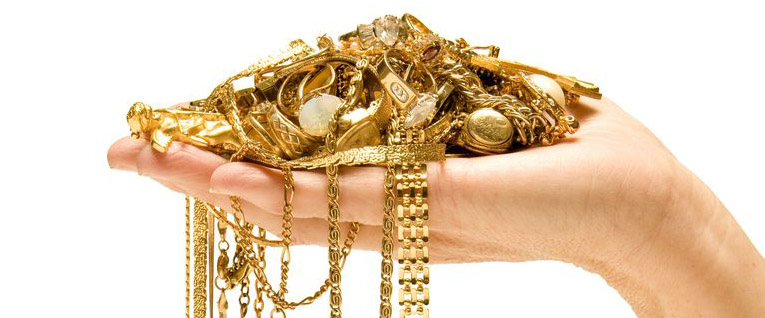
Gold rushes changed the course of history. They brought enormous wealth to areas, boosted economic, industrial, and agricultural growth, and transitioned small towns into big cities bringing immigrants into gold-rich towns. Gold rushes also brought civil unrest, wars, economic inequality, social uprooting, pollution, environmental destruction.
Australia owns 17% of the world’s gold reserves and is the second-largest producer after China. Approximately 47% of Australian gold is jewellery and 24% is gold coins and bars.
Major gold rushes in history.
Some of the top gold producing countries today experienced gold rushes, between 1600 and 1900. Thousands of prospectors raced to find their fortune, leaving their country, families and work behind. In those days, gold prospecting was a free for all. Prospectors staked gold-rich land and any gold found belonged to the landowner.
The Portuguese colonised Brazil in 1500 took over land and hoped to find gold. Gold was eventually found in Brazil, two hundred years later. Thousands of Portuguese people travelled to Minas Gerais in the 1700s.
In 1848 the news spread that gold nuggets occurred in California, and thousands of prospectors descended on the area. The population increased from a small settlement of 1000 people to 100 000 inhabitants in one year. Prospectors greedily pulled $2 billion of gold from the ground during that period.
Prospectors found gold in South Africa in 1886 and people from all over the world charged to the Witwatersrand. Within ten years, the area was the largest gold-mining centre in the world. South African gold is seated deep in the ground and the gold is locked with other minerals. Large gold mining companies formed to mine these deep deposits. They pushed out the small man causing social and political unrest and conflict between the Afrikaners and the British. The British needed gold because it was their monetary standard and the conflict resulted in the Second Boer War, which raged between 1899 and 1902.
The first gold rush in Queensland, Australia happened in 1867. The town of Gympie sprang up. People traded with their gold buying mining equipment, food. and alcohol. Gold measurement and weight in troy ounces became important. Assays measured the purity of the gold. Large gold producers took advantage of the surrounding communities taking their gold to Brisbane gold brokers to get cash for gold. Brisbane and other Australian cities thrived because of gold. In the 1890s, New South Wales and Victoria became the new gold finds. Half a million diggers arrived from the United States, China, and parts of Europe. Later Tasmania, and the Northern Territory became gold fields. Australia’s population quadrupled, and the country’s trademark became gold.
Most of the historical and ancestral gold is still around today, stored in banks, museums, or private homes. Gold buyers in cities around the world will assess and quote on your gold jewellery, gold bullion, and gold coins and bars. If you need cash for gold, Brisbane gold brokers has many gold buyers to assist you.

